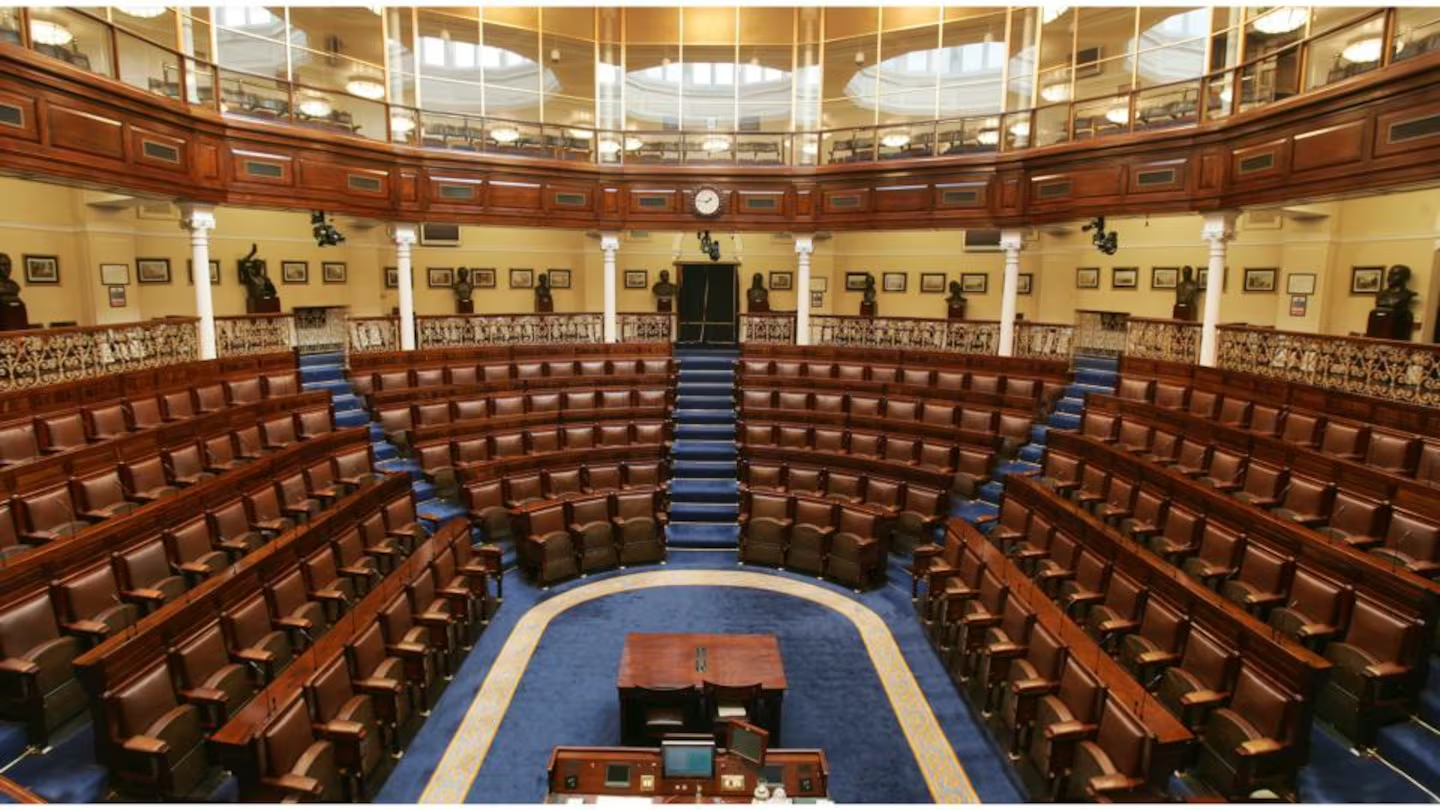The Dáil Has The Worst Gender Diversity In Western Europe
 Image: Alan Betson
Image: Alan Betson
The Dáil Has The Worst Gender Diversity In Western Europe
Text: Izzy Copestake
Just over 25% of the Dáil seats are held by women.
A study by Bloomberg has revealed that Ireland’s newly elected Dáil has the lowest proportion of female parliamentarians in western Europe and described Ireland’s Dáil as the “worst for gender diversity in western Europe”.
Of the 174 parliamentary seats up for grabs in the recent General election, 44 were won by women, representing just over 25%. Ireland’s low representation stands in sharp contrast to the average representation of women in western European parliaments, which is 37%. Across Europe as a whole, women hold an average of 32% of parliamentary seats.
The recent general election saw hope for more female representation in politics. Ireland implemented gender quotas in 2012, increasing the requirement to 40% in the latest election. This change led to a record-breaking 246 women running as candidates, the highest number ever recorded in an Irish general election.
The National Women’s Council of Ireland views the outcome as a clear indication that further measures are needed to ensure gender parity. Orla O’Connor, the council’s director, emphasised that gender quotas alone are insufficient. “The results show that, in isolation, the gender quota will not be enough to achieve equal representation for women. There is evidence that many women were added late to the ticket to make up the gender quota,” she said in a statement.
O’Connor called on political parties to adopt more inclusive practices to support female candidates. “We are urging all political parties to select women candidates as early as possible and provide them with the time, resources, and backing necessary to run effective campaigns.” The council also urged the incoming government to focus on initiatives aimed at increasing women’s participation in politics, including implementing a 40% gender quota for local elections.
The election results have reignited debates about systemic barriers facing women in Irish politics, from funding inequalities to challenges in balancing political careers with caregiving roles. Advocates argue that achieving gender parity requires comprehensive reforms, not just at the ballot box but throughout the political system.
Elsewhere on District: Green Wipeout: A Warning to Left-Wing Parties on the Cost of Coalition Power